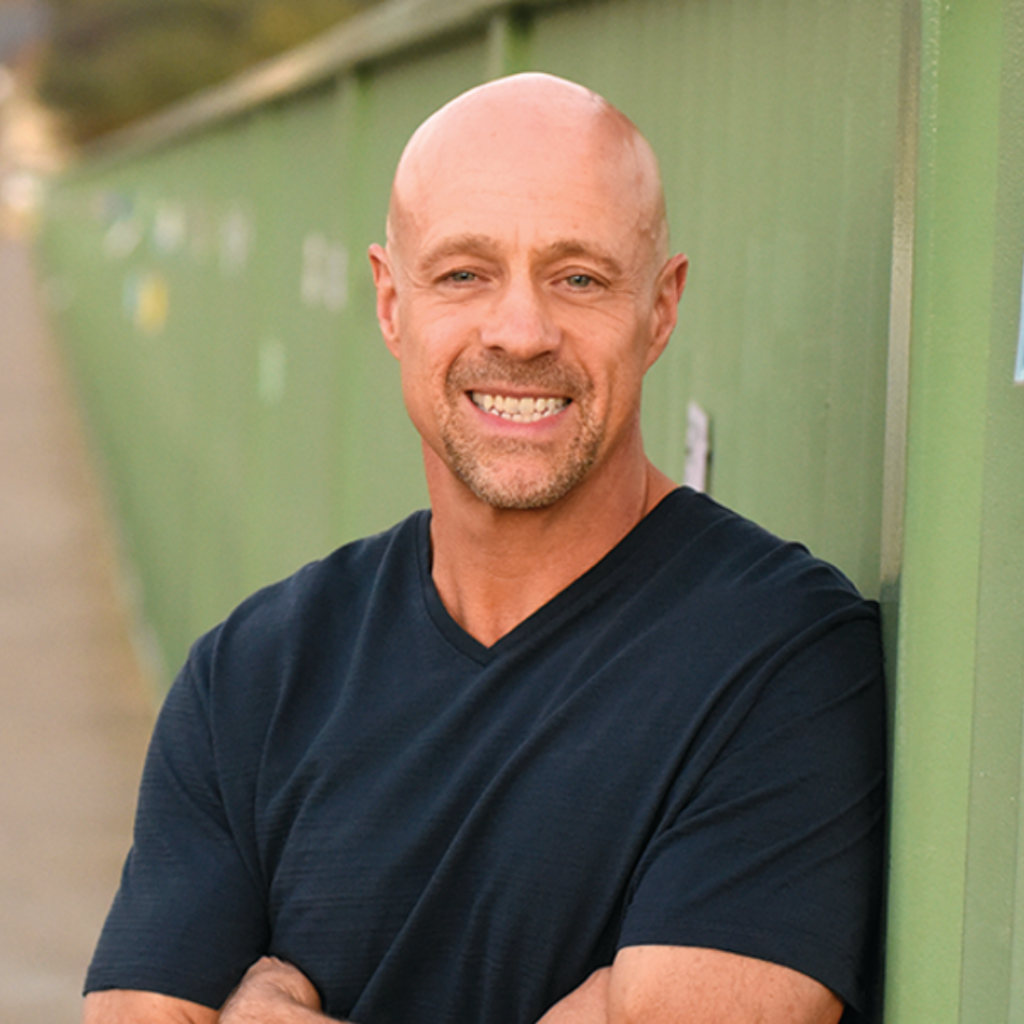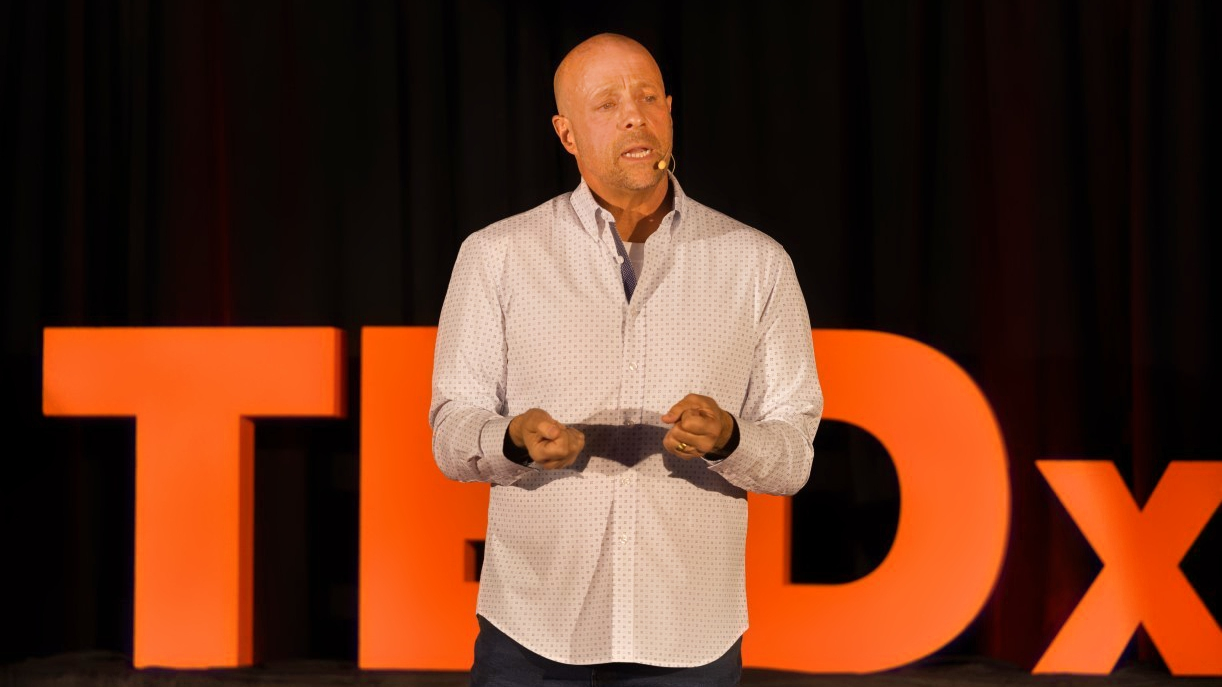By Marycon Young, Vitals contributor
Thirteen years ago, in the midst of a decades-long battle with severe depression, David Bartley stood on the edge of the Foresthill Bridge, ready to end his life. Saved from that moment, Bartley’s struggle with depression continued until he was introduced to electroconvulsive therapy, known as ECT, a treatment that finally offered hope.
Today, thanks to the ECT treatments he received at Sutter Center for Psychiatry in Sacramento, Bartley is helping others through their bouts of depression as a mental health advocate.
His message to those struggling with depression is clear: “Don’t let the stigma hold you back,” he says. “ECT saved my life.”
Like many, Bartley had preconceived notions about ECT, largely from its negative portrayal in media. However, as his depression worsened after being saved from suicide, he and his wife turned to his psychiatrist for help. When medications and other therapies didn’t work, the psychiatrist recommended ECT.
What Is ECT and How Does It Work?
ECT is a medical procedure primarily used for patients with treatment-resistant mental disorders, particularly those who have not responded to medications or psychotherapy. During ECT, a brief electrical stimulus is applied to the brain while the patient is under anesthesia, inducing a controlled seizure that can help reset the brain’s vital functions.

David Bartley has a message to those struggling with depression and medication and other treatments aren’t working: “Don’t let the stigma hold you back. ECT saved my life.”
“ECT remains the gold standard treatment for treatment-resistant depression and works very well for those struggling with suicidal thoughts,” said Dr. Lauren Marasa, medical director at Sutter Center for Psychiatry’s ECT program.
Dr. Marasa explained that ECT works faster than most treatments, often showing results within a few days to a few weeks, while medications can take much longer to take effect.
“For David, ECT was critical because of the severity of his depression and suicidal thoughts,” Dr. Marasa emphasized.
Bartley began ECT with three sessions per week, which gradually tapered to monthly treatments. The changes he experienced were profound.
“Within three months, my wife said to me, ‘You’re back,’” Bartley shared. He began to feel emotions that had long been buried under the weight of his depression.
“I cry more now, but it’s different. I can feel my emotions without being overwhelmed by them.”
ECT’s effectiveness is often overshadowed by stigma, but at Sutter Health, the success rate is between 80-90%. Dr. Marasa emphasized that while ECT is not often a first-line treatment, it is highly effective for patients who haven’t found relief through other treatment modalities.
“ECT Helped Me Reframe Those (Suicidal) Thoughts”
For Bartley, ECT has been life-changing. “Every day I used to wake up wishing I could die, but ECT helped me reframe those thoughts,” he said.
“It’s like pressing reset on the brain,” explains Dr. Marasa.
Bartley describes the treatment as freeing, allowing him to access and express emotions without being trapped by them.
While Bartley continues monthly maintenance treatments, his life has improved dramatically.
“I still get triggered, but now I can process it differently,” he shared.
Today, Bartley is a suicide prevention advocate. While suicide remains central to his advocacy, his message extends further into leadership and the importance of creating cultures that prioritize mental health.
“My purpose is to transform mental illness from being viewed as a condition to being seen as a cause,” Bartley says.
Bartley’s story is a powerful reminder of the importance of accessible and effective treatments. His journey from the brink of suicide to reclaiming his life highlights the life-saving potential of ECT.
“It gave me my life back,” he said, “and it can do the same for others.”
Click here for more on ECT, the Sutter Center for Psychiatry and other behavioral health services offered by Sutter Health. For questions, call Sutter Center for Psychiatry at (916) 386-3645.





